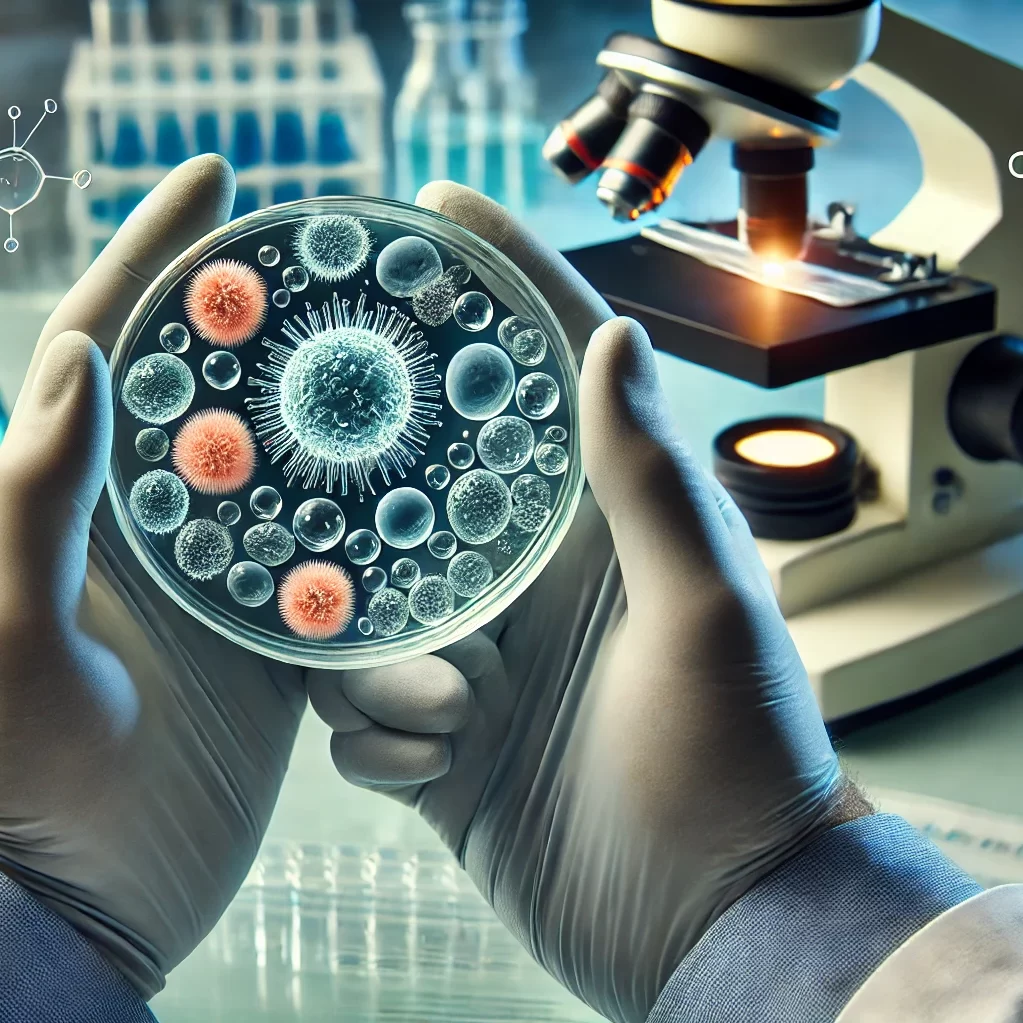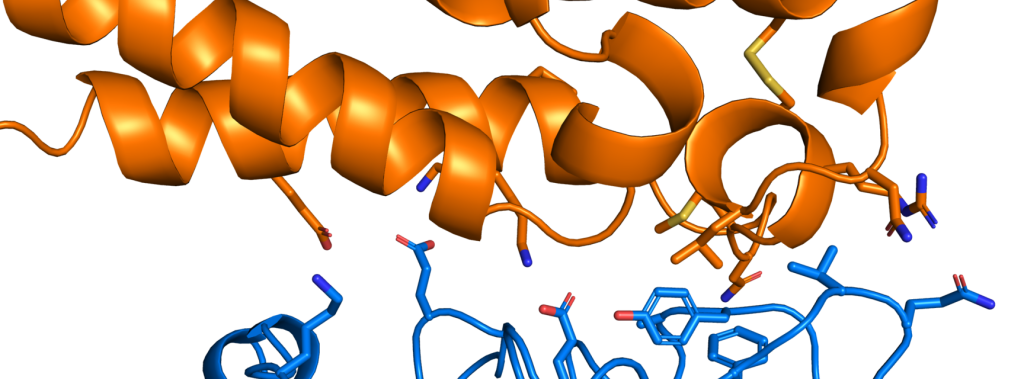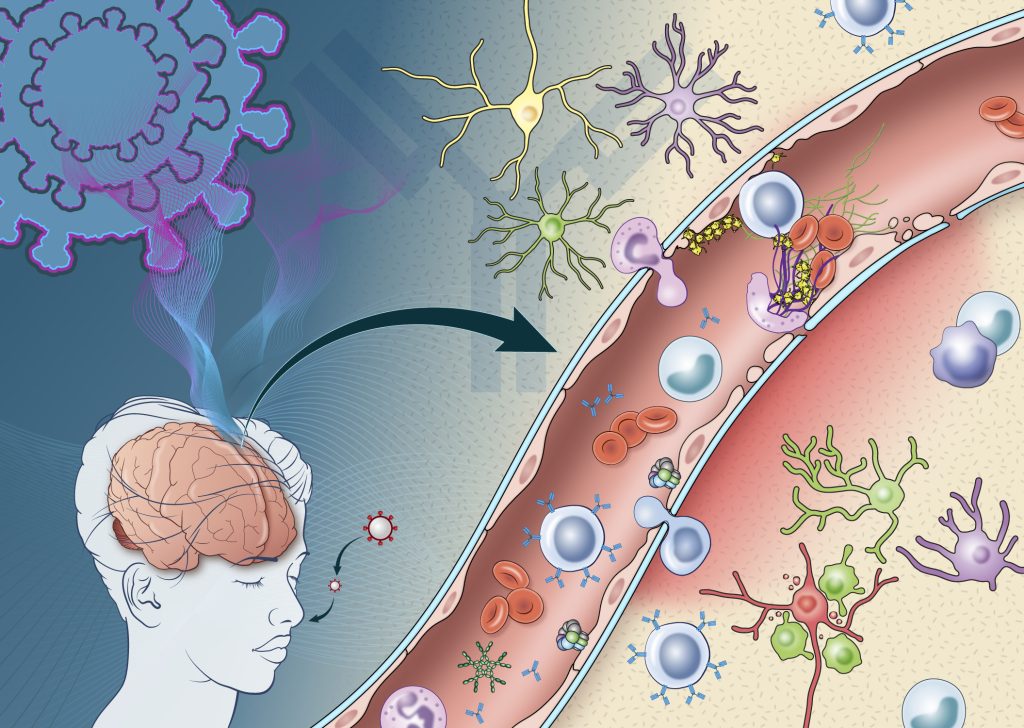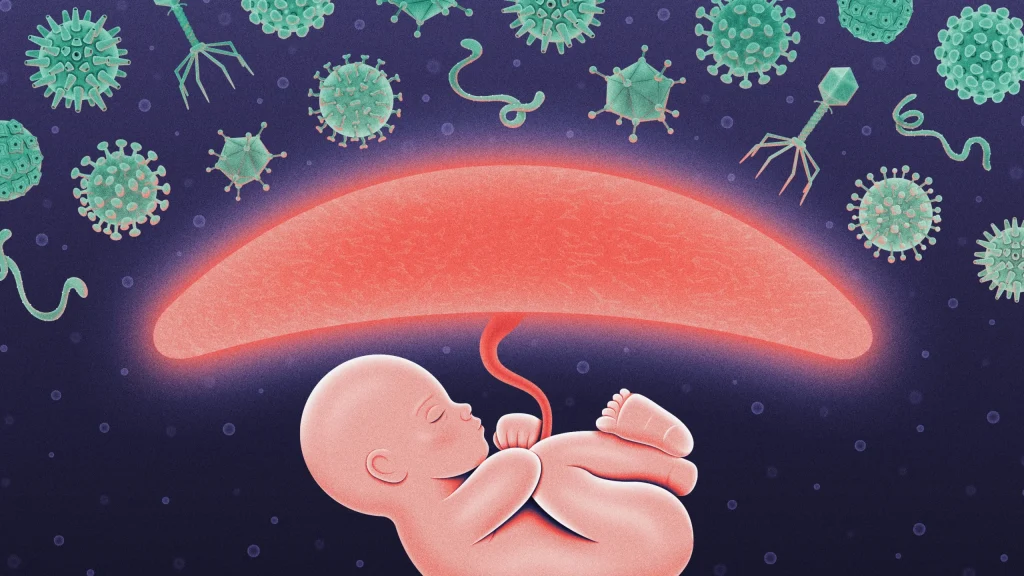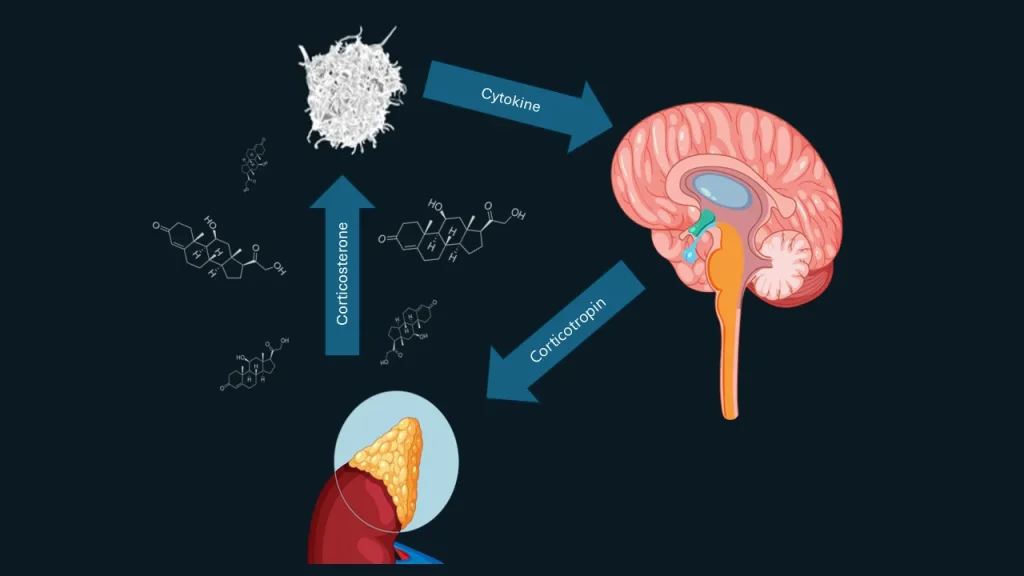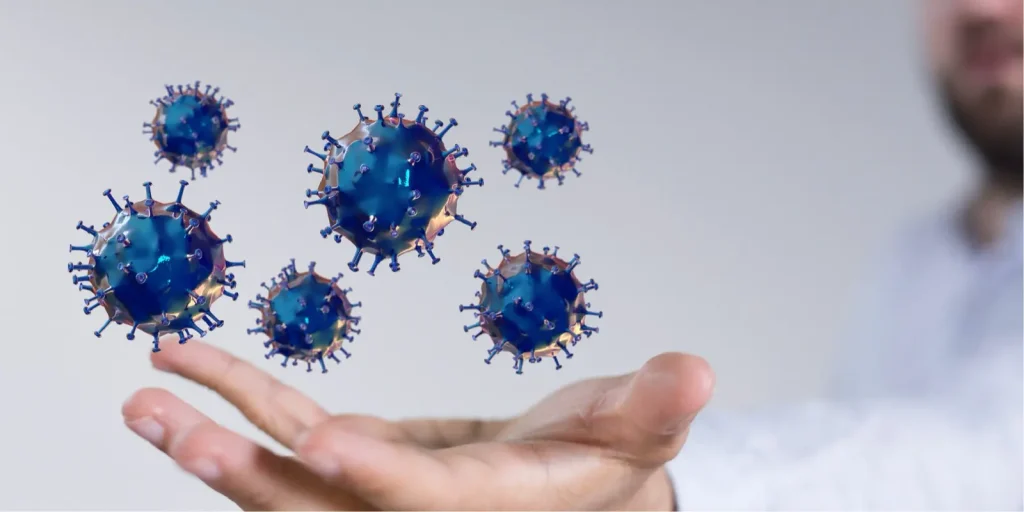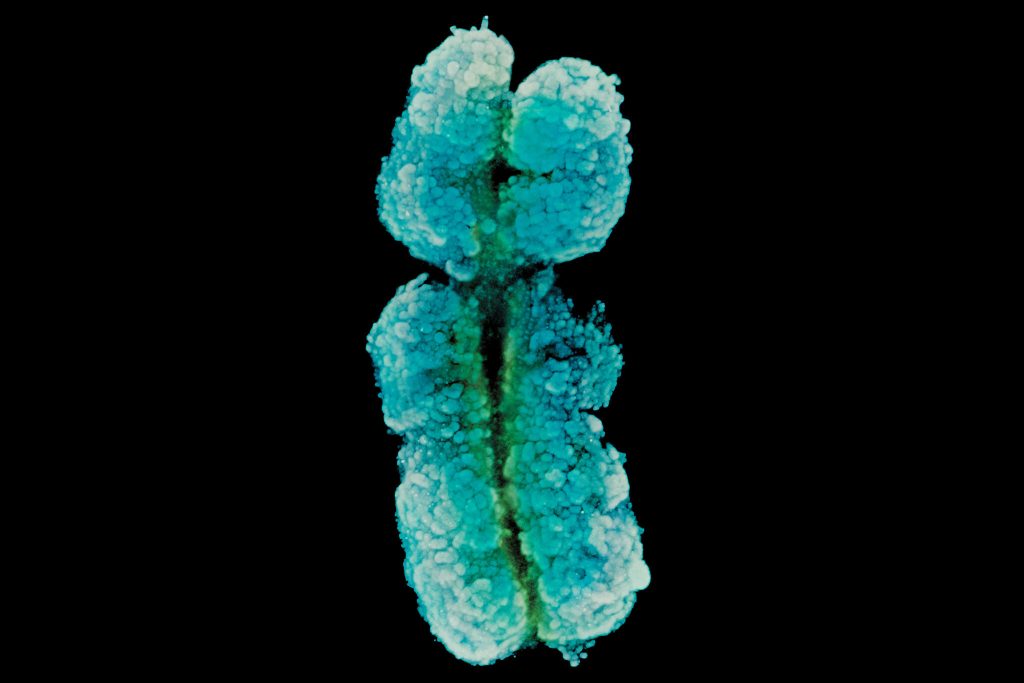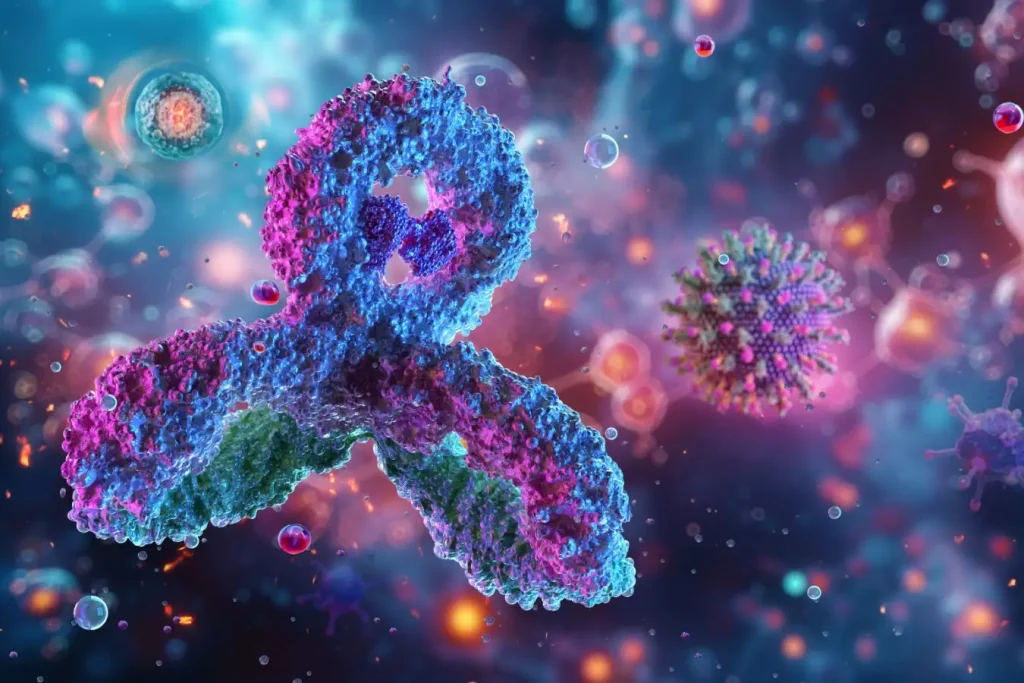The immune system, or immune system in medical terms, defends you against millions of foreign and harmful microbes and substances that can make you sick.
It has the ability to recognize and differentiate between the millions of different foreign enemies that enter our bodies. If you are healthy, it fights against enemies, often “unbeknownst” to you, and you don’t even realize it is working. In summary, the immune system is the defense system that protects our body from the damaging effects of foreign substances and microbes.
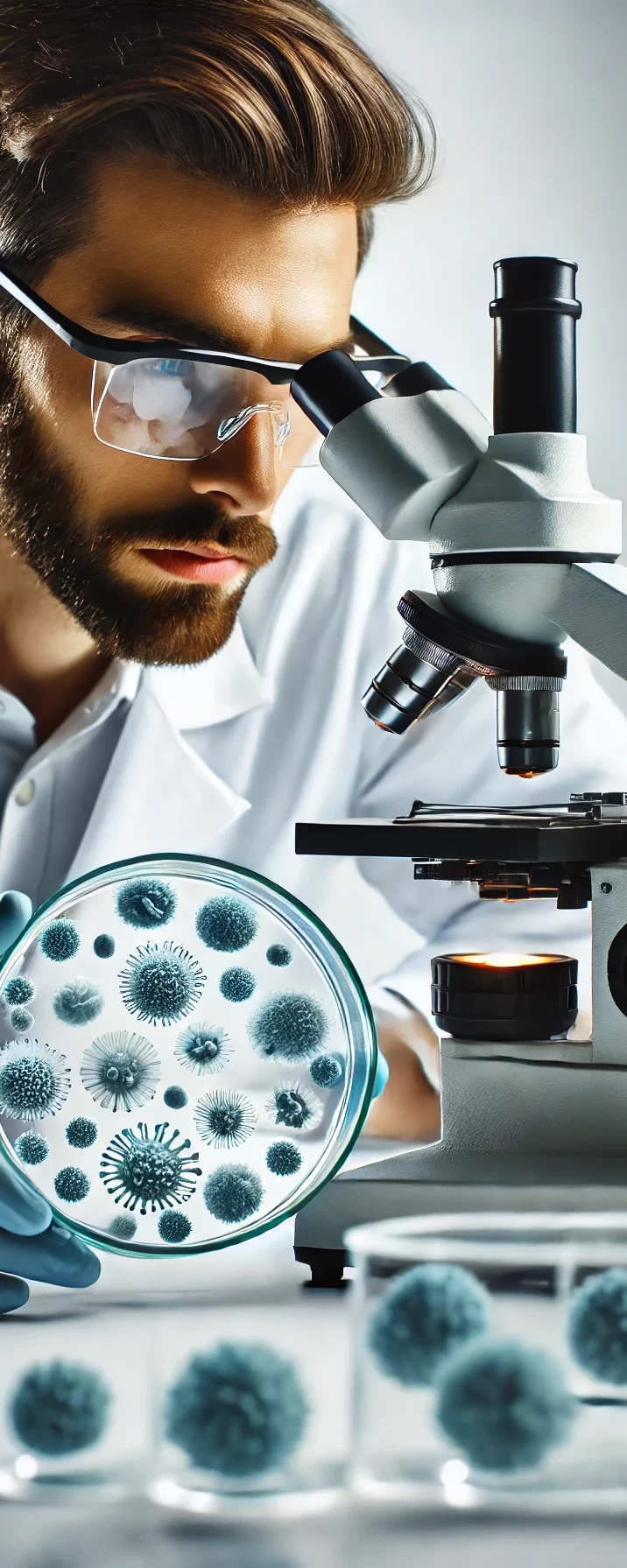
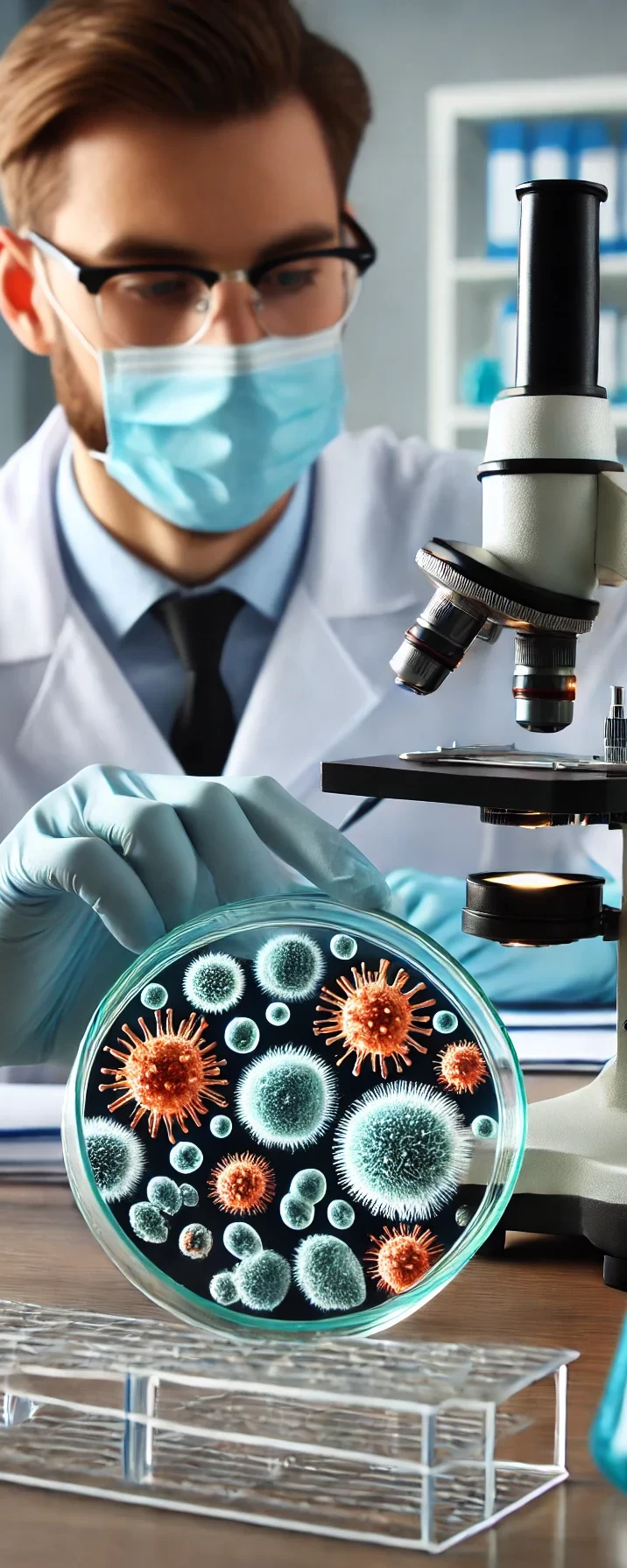

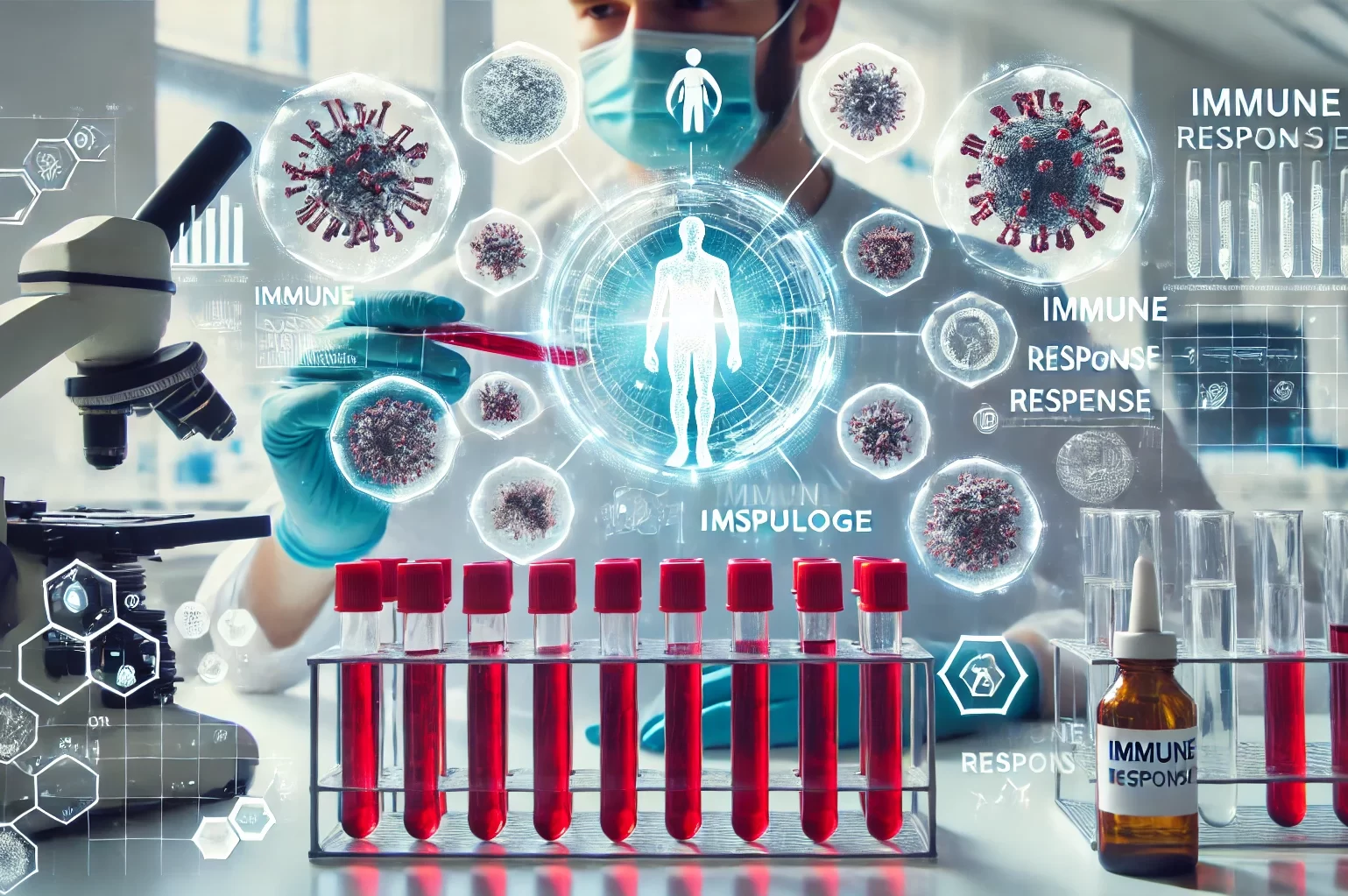
There are small cells in our blood vessels that are invisible to the eye, mostly red blood cells (erythrocytes) that give our blood its red color, and a smaller number of white blood cells (leukocytes).
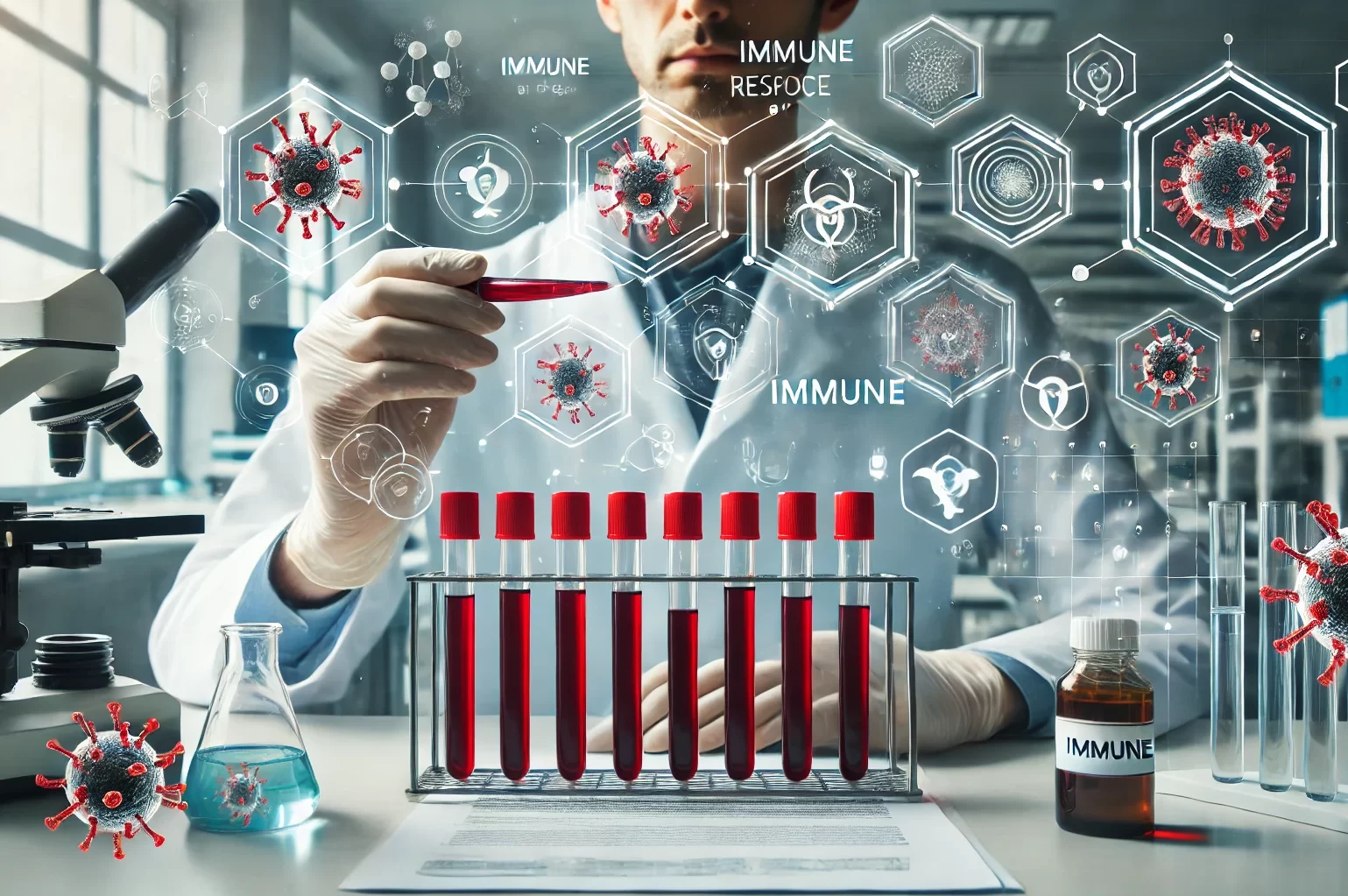
These cells are made in the bone marrow. The main organs of the immune system are the bone marrow and the thymus. The bone marrow is a fatty, porous structure in the center of the bones that produces stem cells that make red and white blood cells.
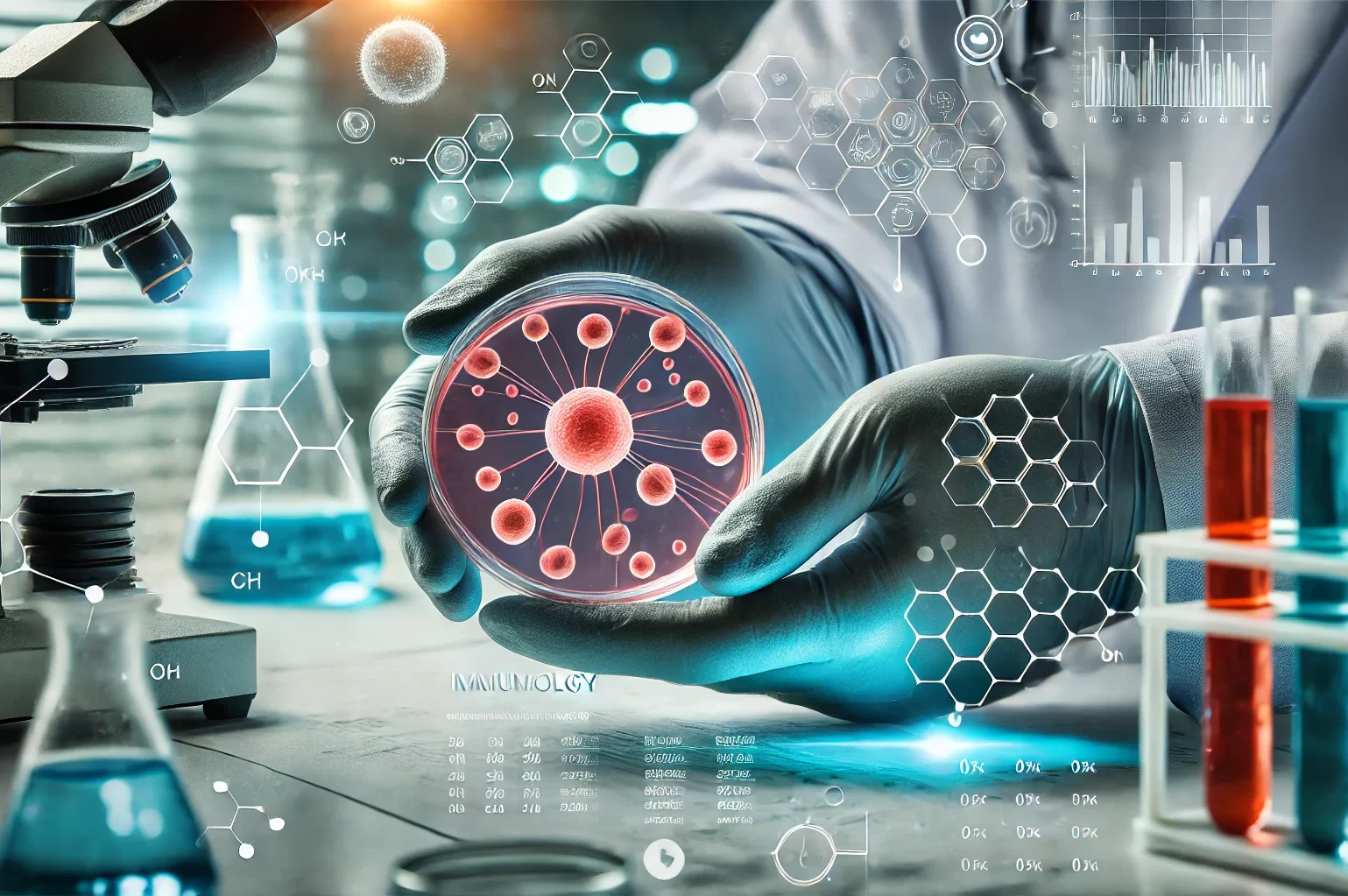
B and T lymphocytes, which are single nucleated white blood cells, are the main cells in the immune system. B lymphocytes develop in the bone marrow and T lymphocytes in the thymus, a tissue in the upper chest.
1
Neutrophils and macrophages gather around every germ or substance that enters our body, recognize it as foreign, swallow it and destroy it with the enzymes they secrete. Similarly, tissue macrophages in each of our organs perform the same task.
2
Eosinophils and basophils are responsible for the development of allergic diseases. Eosinophils also destroy parasites that enter our bodies. Natural killer (NK) cells attack the microbe or cell that they recognize as foreign without the use of any intermediaries and kill it by making holes in the surface of the cell with the enzymes they secrete.
3
The dendritic cells have many appendages like tree branches, they capture the microbe that enters our body, break it down and then present it to the T-helper cells, leaving it to the T cell to destroy it. Lymphocytes Lymphocytes that proliferate in the thymus are called T-lymphocytes and lymphocytes produced in the bone marrow are called B-lymphocytes. After they complete their development, they begin to circulate in the blood and lymph system.
How does the immune system or immune system work?
Mechanical, chemical and biological barriers form the first shield against microbes entering our body. If the microbe overcomes the barriers and enters the body, the innate ‘innate immune system’ that meets and recognizes the microbe in the first step is activated in a very short time. The cells of this system, white blood cells (neutrophils, macrophages, natural killer (NK) cells), the building blocks of the complement system in protein structure and cytokines that provide intercellular communication accumulate at the site of entry into the body, attack the foreign microbe and destroy it. Natural killer (NK) cells kill the cell by puncturing holes in its membrane. This prevents the microbe from spreading throughout the body. The innate immune system fights the same fight against every microbe and every stranger. If the germ is still multiplying, B lymphocytes and T cells, the cells of the ‘acquired immune system’, take part in the defense. B cells start to produce antibodies against the germ with the help of T cells, and T killer cells destroy the infected cells. This defense lasts 15-30 days. At the end of the defense, the immune system stores the germ in its memory. When the immune system encounters the same microbe again months or years later, it remembers the microbe and takes action within 2-3 days to protect the person from the disease. The B cell makes antibodies specific for each microbe. A child who has been infected with the measles virus or vaccinated with the measles vaccine will not get sick when exposed to the measles germ, because the person who has been infected or vaccinated has protective IgG antibodies in their blood.
Posts
How Aging Affects Immune System Performance
Have you ever noticed how recovering from a cold feels slower than it did years ago, even when you take the same precautions? This quiet shift often surprises people because[…]
Read moreWhat Is Molecular Mimicry and Why Does It Matter?
Molecular mimicry is one of those scientific ideas that sounds complex at first but becomes surprisingly relatable when people hear real examples from daily life. The idea centers on how[…]
Read moreImmune Reactions After Infections: What to Watch
Have you ever recovered from an infection only to feel that something still isn’t quite right, even after the fever settles and the cough fades? Many people experience lingering symptoms[…]
Read moreImmunology and Pregnancy: A Delicate Balance
Have you ever wondered how a mother’s immune system accepts a fetus that is genetically different from her own body? Many people think pregnancy simply “happens,” yet the underlying biology[…]
Read moreThe Link Between Hormones and Immune Function
You wake up after a restless night and feel a scratchy throat. You wonder whether stress made you vulnerable again. Your calendar looks packed and unforgiving this week. Could your[…]
Read moreWhat Is Immunotherapy and How Does It Work?
The paradigm of cancer treatment has undergone a profound reorientation in recent years, shifting the therapeutic focus away from directly toxic agents aimed at the malignant cell and toward the[…]
Read moreWhy Women Are More Prone to Autoimmune Diseases
The disproportionate incidence of autoimmune diseases across the sexes presents a compelling biological conundrum, one where the intricate machinery of the immune system appears to harbor a systemic bias. For[…]
Read moreChronic Inflammation and the Immune System
The concept of chronic inflammation moves beyond the familiar, immediate sting of a bee or the visible swelling of a sprained ankle. That acute, brief response is the immune system’s[…]
Read moreThe Impact of Sleep on Immune Function and Overall Health
The notion that sleep is merely a period of passive inactivity for the body is a significant conceptual error that has persisted in popular understanding, despite decades of robust physiological[…]
Read more
